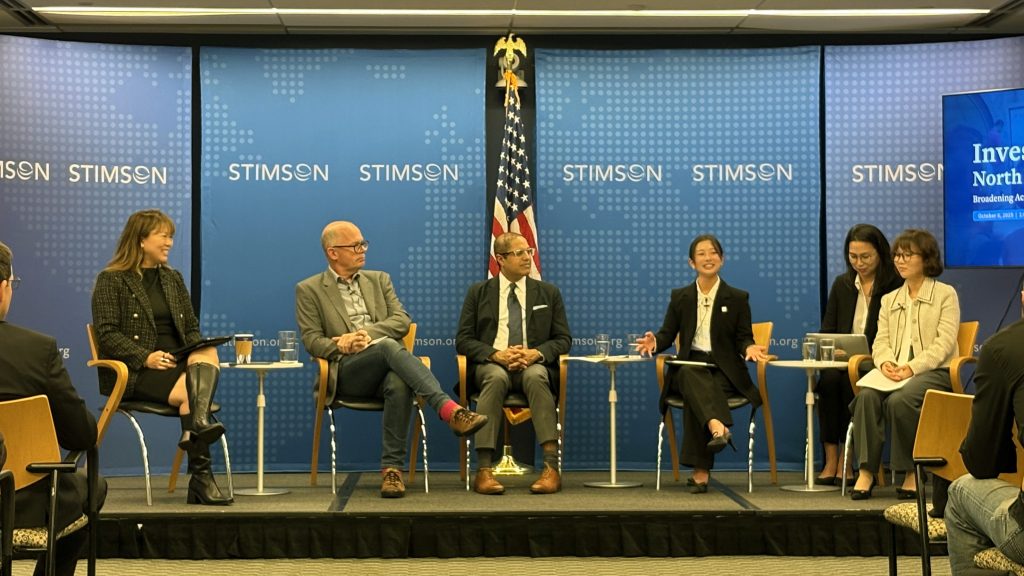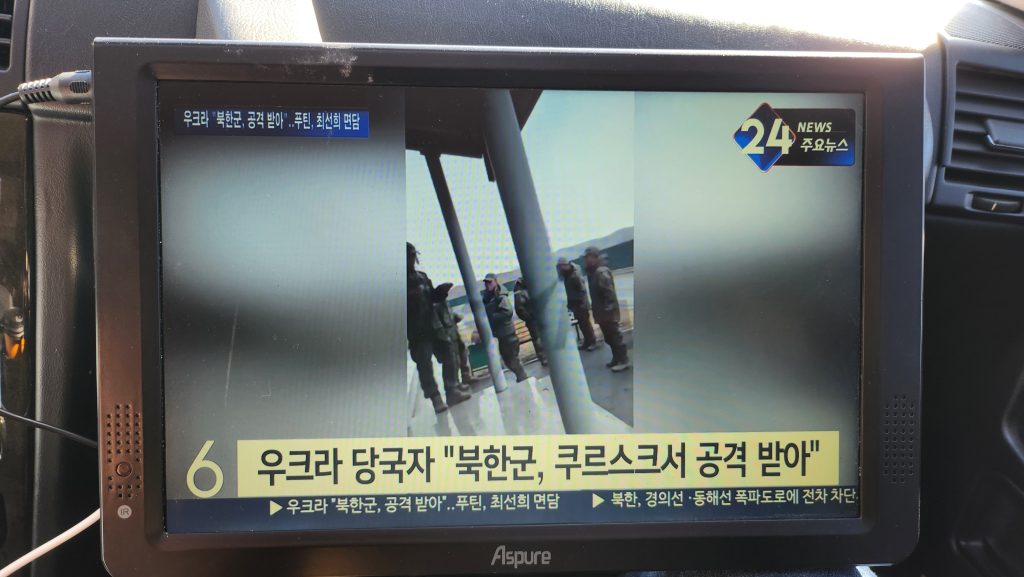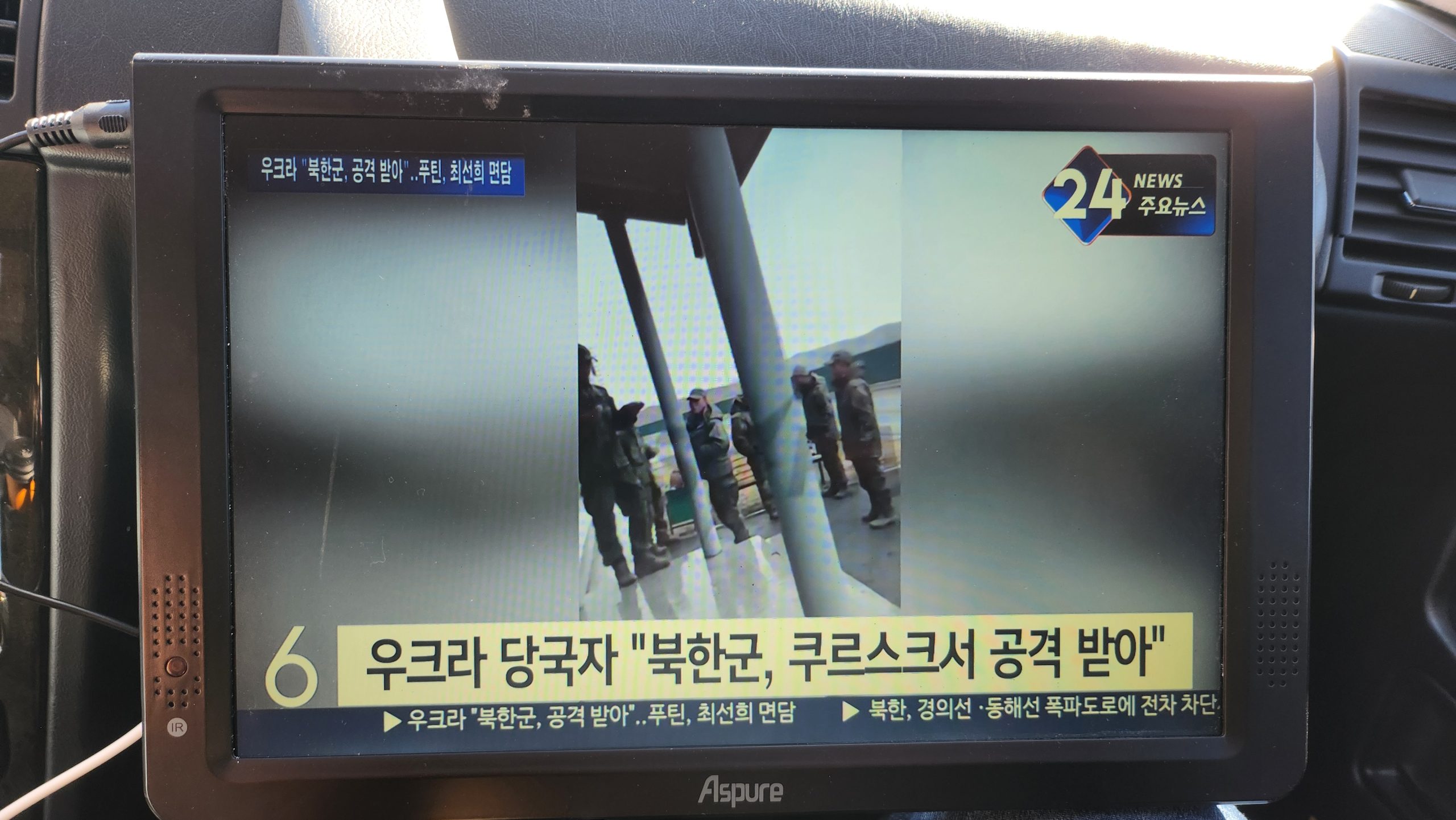For decades, North Koreans have relied on illicit foreign information to provide news, information, entertainment, knowledge and — perhaps most importantly — ideas they would otherwise never have access to.
But since the beginning of this year, the amount of radio and television programming being beamed into North Korea has plummeted. Radio broadcasting is down by 85 percent and television broadcasting has been eliminated after cuts made by the US and South Korean governments.
On October 8, 38 North hosted an event that explored the potential impact of these cuts to North Korean access to foreign information. It also featured testimonies from two North Korean escapees on how foreign information influenced their lives and why continued efforts to get information into the North Korean people is important.

Programming
“Many defectors, like me, can remember the exact episode of a TV show, the specific South Korean song, or even the traffic report, that planted the first seeds of doubt. And it makes you wonder: if life is so different out there, why does it have to be this way here?,” said Gyuri Kang.
Kang left North Korea in 2023 with her family in a rare escape during the prolonged pandemic lockdown across the maritime border.
The broadcasts she watched were beamed across the border by the South Korean government. After South Korea ended analog TV broadcasting in 2013, the government broadcasts were the only South Korean television programming that was available in North Korea.
“To escape my reality, at night I secretly watched South Korean TV shows on a television that was smuggled in from China,” she said. “This turned my world upside down. Two people I knew were executed for watching and sharing foreign media. But no matter how much they tried to repress us, frustrated young people like me continued watching forbidden content as a way to forget reality.”
For Hannah Oh, who escaped in 2019, it was a South Korean sitcom that made a lasting impression.
“I’ll never forget one called ‘High Kick 3.’,” she said. “In one episode, there was a story about a man who fell into debt and was being chased by collectors. But what shocked me was that his family wasn’t punished for it. In North Korea, if one person “sins” the entire family is condemned.”
It was that, she said, that showed her life could be different in South Korea and people are free to make their own choices.
“This realization changed me. Information, even in the form of a sitcom, was hope. And it was worth risking everything for,” she said.

Background
The number of people reached by the radio and TV broadcasts is difficult to know due to the inability to conduct audience surveys, but the significant effort and resources spent by the North Korean regime to block them provides some indication of their penetration.
Radio and TV broadcasts were routinely jammed in an attempt to make them difficult or impossible to receive. The state-backed broadcasters, almost all of which are now off the air, countered by using multiple frequencies simultaneously so that at least one channel could usually get through.
Smaller broadcasters don’t have those resources, often using a single frequency. Given so few broadcasts now, and North Korea’s enormous jamming capacity, the limited programming that remains on air faces a much more difficult time being heard inside North Korea.
In addition to broadcasts, information has often entered North Korea on USB sticks and memory cards, and secretly distributed and traded inside the country. However, this path took a major hit during the Covid pandemic when the implementation of stricter border controls made smuggling in illicit goods and information significantly more difficult.
Laws
Perhaps the greatest testament to the effect that foreign information has inside North Korea can be seen in its laws. The Anti-reactionary Thought and Culture Law passed in 2020 threatens a life sentence in a labor camp or death for spreading large amounts of foreign content.
Such is the effect foreign content has had, that law was followed, in 2023, with the related Pyongyang Cultural Language Protection Law which targets the use of South Korean slang, phrases and even fonts.
Both Kang and Oh said maintaining the flow of information into North Korea is vital.
“Hope is dangerous for the North Korean government,” said Kang. “But the moment you realize life could be different, hope begins to take root. And once hope exists, change is no longer unimaginable.”
“What sparks that change is information,” said Kang.
Oh said she sees information as more than a convenience but as a lifeline.
“Without access to information, you can’t see a way forward, let alone build a future,” she said.
Download the testimonies of Hannah Oh and Gyuri Kim.
You can watch the event here:


Leave a Reply